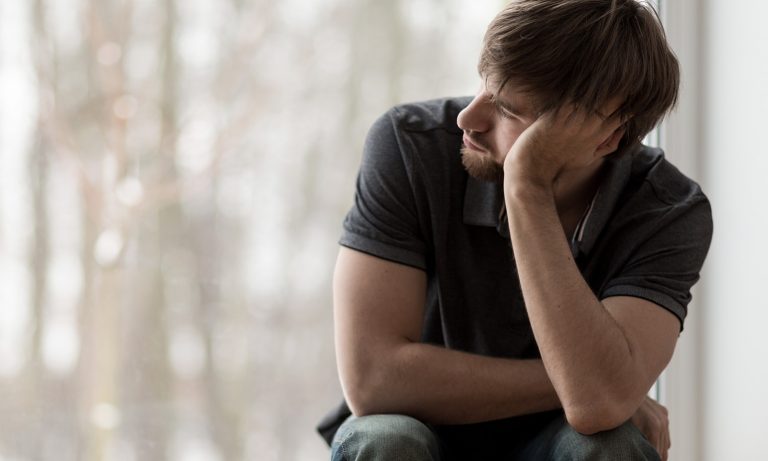


While mental illnesses affect both men and women, the prevalence of mental illnesses in men is often lower than women. Men with mental illnesses are also less likely to have received mental health treatment than women in the past year. However, men are more likely to die by suicide than women, according to the Centers for Disease Control and Prevention. Recognizing the signs that you or someone you love may have a mental disorder is the first step toward getting treatment. The earlier that treatment begins, the more effective it can be.
Warning Signs
Men and women can develop most of the same mental disorders and conditions but may experience different symptoms. Some symptoms include:
· Anger, irritability, or aggressiveness
· Noticeable changes in mood, energy level, or appetite
· Difficulty sleeping or sleeping too much
· Difficulty concentrating, feeling restless, or on edge
· Increased worry or feeling stressed
· Misuse of alcohol and/or drugs
· Sadness or hopelessness
· Suicidal thoughts
· Feeling flat or having trouble feeling positive emotions
· Engaging in high-risk activities
· Aches, headaches, digestive problems without a clear cause
· Obsessive thinking or compulsive behavior
· Thoughts or behaviors that interfere with work, family, or social life
· Unusual thinking or behaviors that concern other people
Mental disorders can be treated: If you are unsure where to go for help, ask your family doctor or visit NIMH’s Help for Mental Illnesses webpage.
If you or someone you know is in a crisis, get help immediately. You can call 911 or the National Suicide Prevention Line at 1-800-273-TALK (8255).
Source https://www.nimh.nih.gov/health/topics/men-and-mental-health/#part_152634
